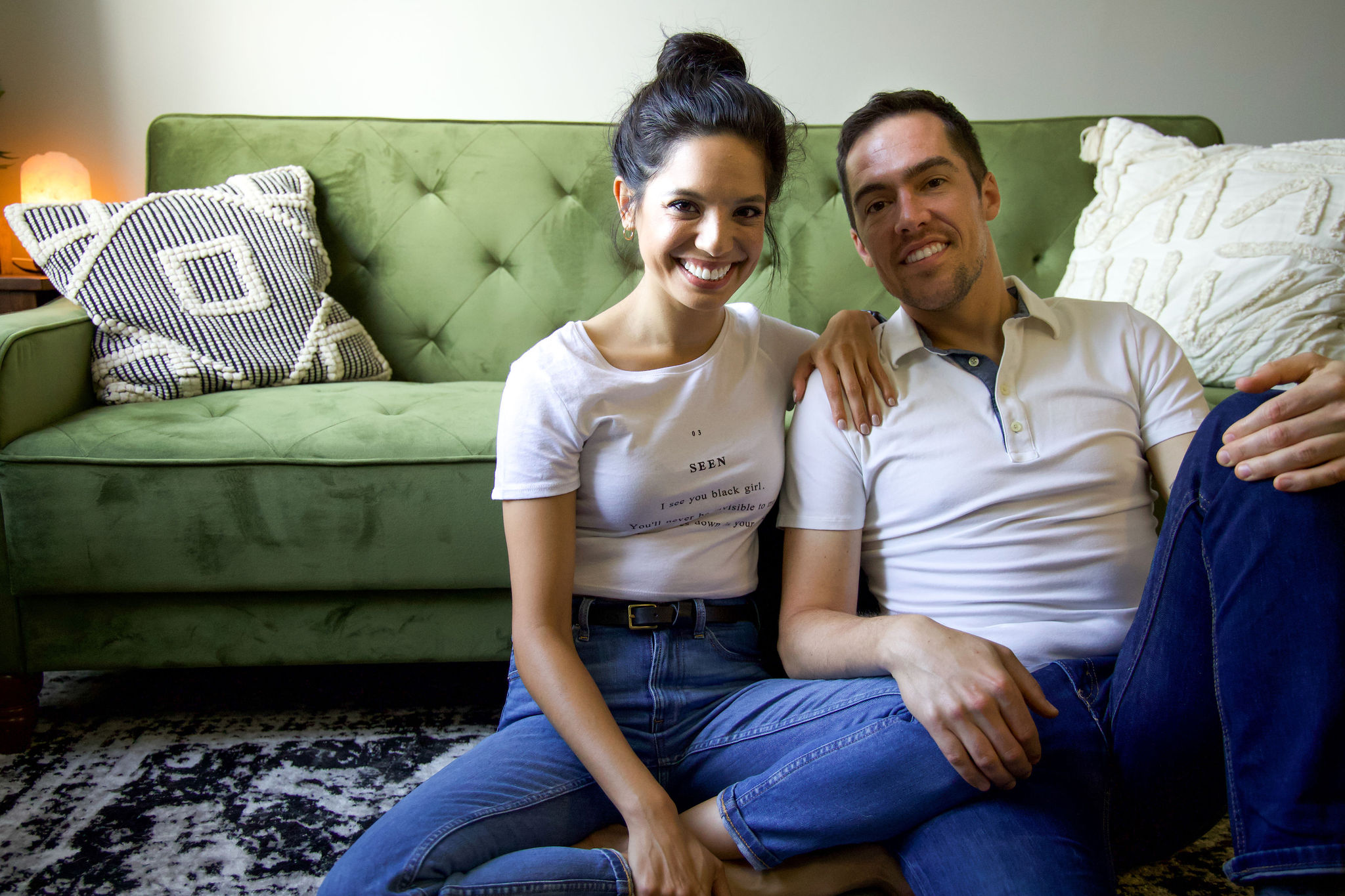What is the 90 Percent?
We did it.
Today we launched the first episode of our podcast, The 90 Percent! This has been in the works for quite some time now, and I’m excited to finally send it your way.
We figured a bit of background about us and what the podcast is all about made for a good first episode, hence the title, “What is the 90 Percent?”
1. What does “the 90 percent” even mean?
Therapy is great. We love therapy. That being said, therapy is only 10% of the work you need to do in order to reach your goals.
The rest of the time (that 90%) needs to be spent continuing to move forward outside of therapy–increasing your self-awareness outside the therapy room, practicing strategies your therapist taught you, doing your homework, and whatever else you think is necessary to become your best self.
2. Who are we?
We are Clayton Clark and Tina Cummings, a couple of therapists–meaning we are a couple (we’ve even got that cool domestic partnership certificate), and we are both therapists.
I (Tina) founded The Therapy Studio, and focus my work on helping high-achieving young women take a break from their hustle lifestyles to figure out who they are and what they want.
Clayton joined me a month ago, and specializes in working with couples in romantic relationships, substance use issues, career counseling, and men’s issues.
3. What’s to come?
You can expect to see episodes based on our shared holistic view of wellness–taking care of yourself means taking care of both your mind and your body.
Think time management and motivation, communication with others, physical health and exercise, book recommendations, anxiety tips, and more. We also welcome suggestions for future episodes–what’s the point of having a podcast if it isn’t focused on you?
If you have any requests for future podcast topics, please submit them right here: http://www.therapystudiostl.com/podcast
The 90 Percent is available for listening on Spotify and Apple Podcasts.
Disclaimer: The 90 Percent podcast is produced for educational purposes only. Although we hope it helps you live a happier healthier life, this podcast is not intended as medical advice nor as a replacement for counseling. You may want to consult with your doctor and/or therapist before attempting any of the strategies offered here.
